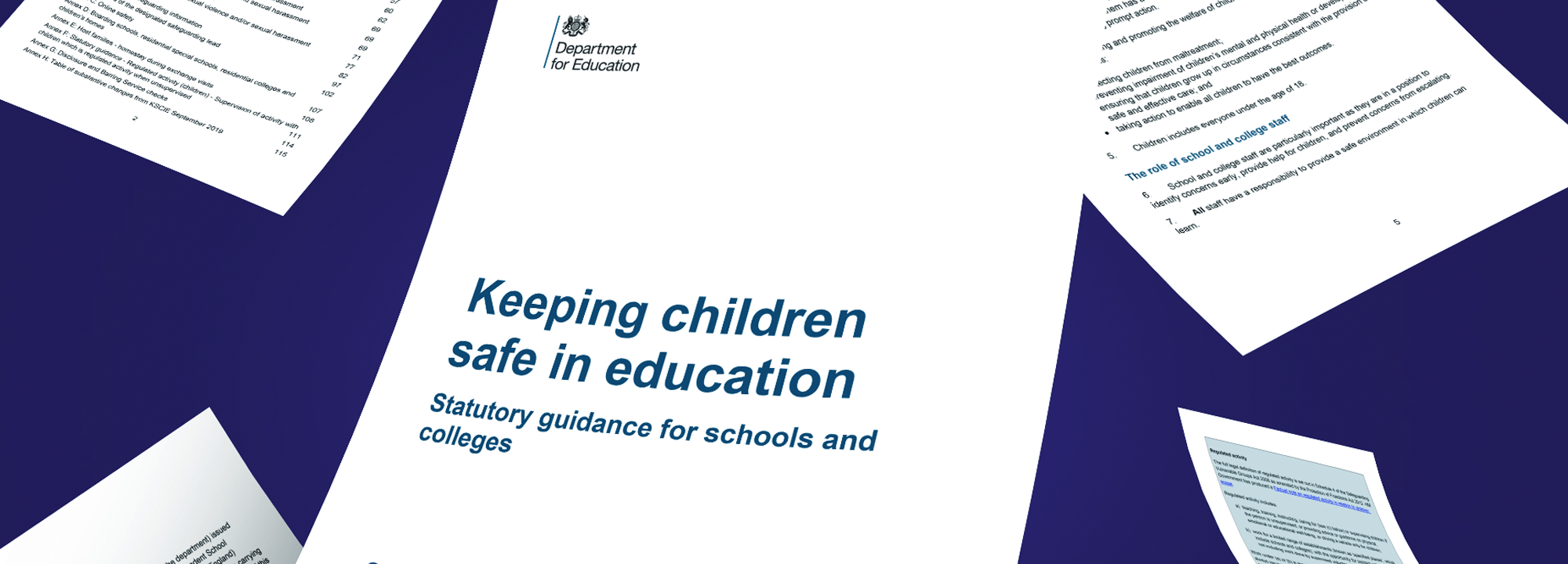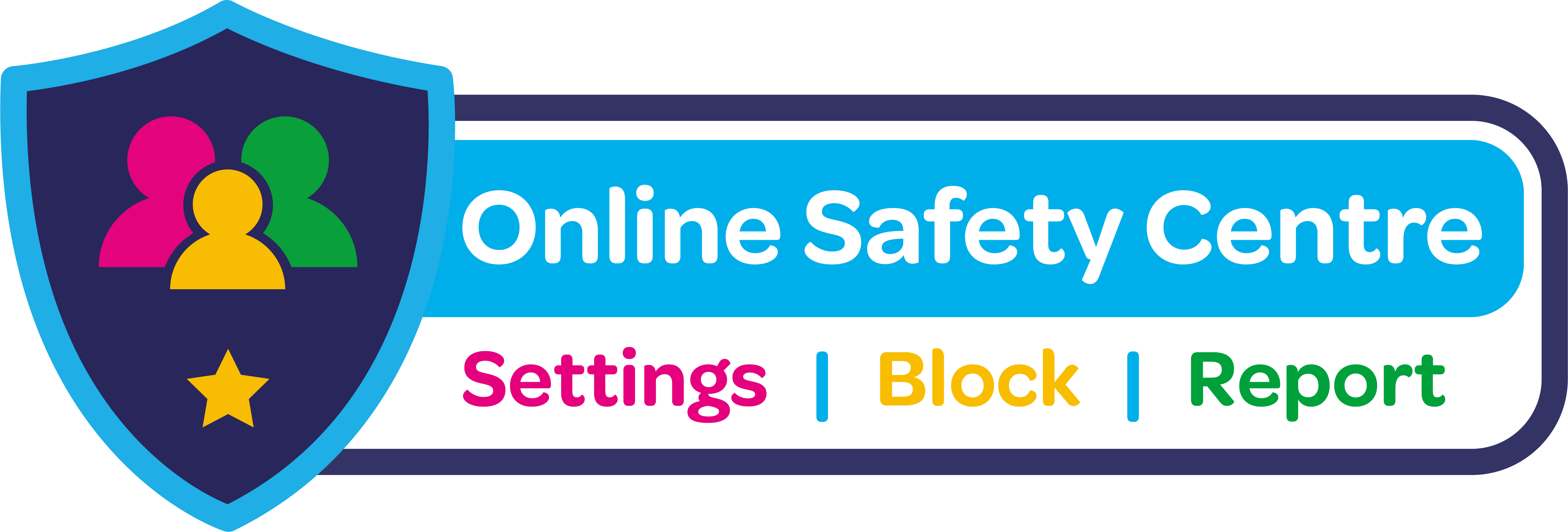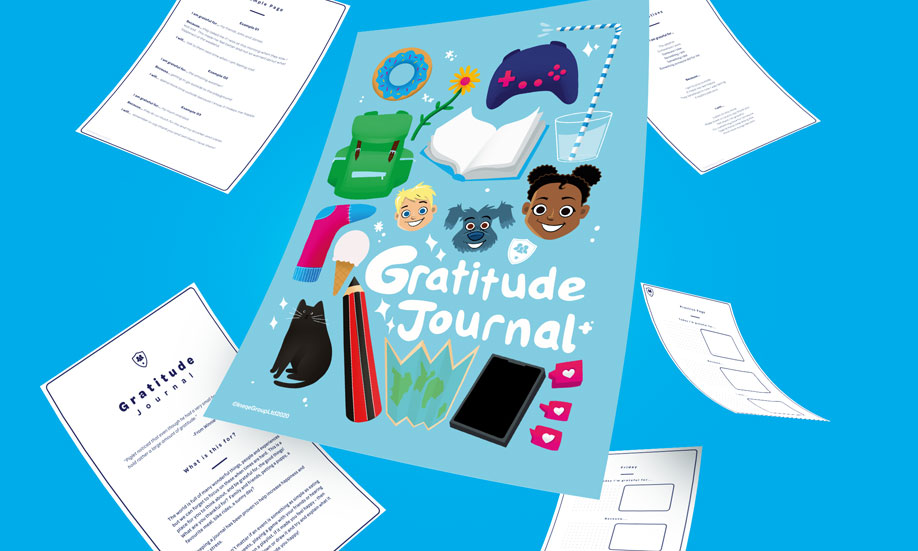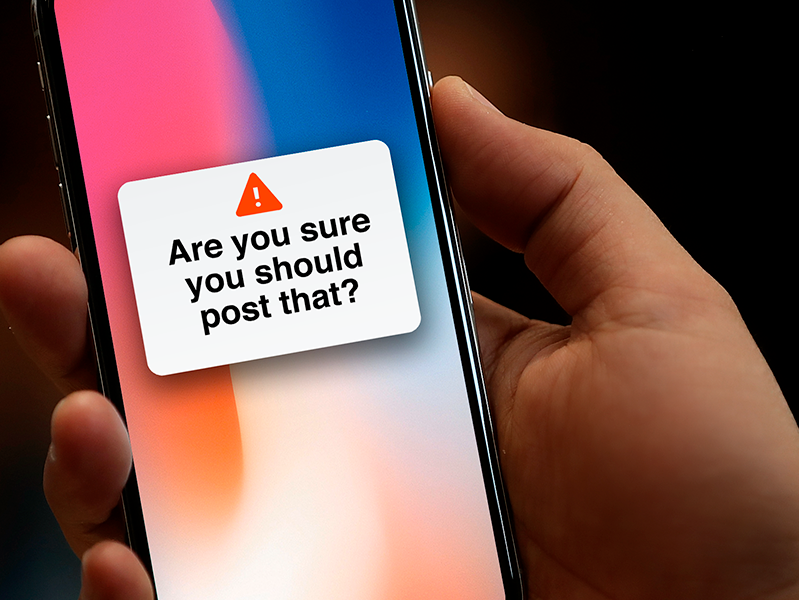What is KCSIE?
It’s a document that outlines the statutory guidance for schools and colleges on safeguarding children and safer recruitment.
Who should read it?
All staff in schools and colleges should read at least part 1 of the guidance.
What has changed?
The latest version of Keeping Children Safe in Education 2020 is now in force in England from today and replaces all previous versions.
Staff should note that changes have taken effect in 3 ways:
- Where legislation requires it
- To add helpful information to support schools to protect children
- To make important clarifications that allow easier understanding of the guidance

We recommend all Safeguarding Professionals read the latest updates in full. The latest version contains a number of changes and additions to the following sections, some of which we have highlighted below:
General Updates
- A new paragraph added about Coronavirus (COVID-19) pandemic stating that the interim guidance on COVID-19 has now been withdrawn as schools are expected to reopen in September.
General Safeguarding
- Additional paragraphs have been added to support school staff to safeguard children in relation to mental health, domestic abuse, and criminal and sexual exploitation (see Annex A). These changes include expansive definitions of CSE (Child Sexual Exploitation) and CCE (Child Criminal Exploitation), including the risk factors and details of the grooming process.
“Both CSE and CCE are forms of abuse and both occur where an individual or group takes advantage of an imbalance in power to coerce, manipulate or deceive a child into sexual or criminal activity… Victims can be exploited even when activity appears consensual and it should be noted exploitation as well as being physical can be facilitated and/or take place online.” (paragraph, 28)
- New paragraphs on mental health to support staff to make links between mental health concerns and safeguarding issues.
“All staff should also be aware that mental health problems can, in some cases, be an indicator that a child has suffered or is at risk of suffering abuse, neglect or exploitation… If staff have a mental health concern about a child that is also a safeguarding concern, immediate action should be taken, following their child protection policy and speaking to the designated safeguarding lead or a deputy.” (paragraph, 34-37)
The Management of Safeguarding
- Updated information to provide further clarification about GDPR and withholding information.
“The Data Protection Act 2018 and GDPR do not prevent the sharing of information for the purposes of keeping children safe. Fears about sharing information must not be allowed to stand in the way of the need to safeguard and promote the welfare and protect the safety of children.” (paragraph, 85)
- Additional information is included in Annex C on how to support keeping children safe online when they are learning from home.
“As schools and colleges increasingly work online, it is essential that children are safeguarded from potentially harmful and inappropriate online material. As such, governing bodies and proprietors should ensure appropriate filters and appropriate monitoring systems are in place.” (paragraph, 92)
- Guidance from NPCC (National Police Chiefs’ Council) for DSLs to understand ‘when to call the police’ and what they can expect when they do.
“The designated safeguarding lead and any deputies should liaise with the three safeguarding partners and work with other agencies in line with Working Together to Safeguard Children. NPCC- When to call the police should help designated safeguarding leads understand when they should consider calling the police and what to expect when they do.” (paragraph, 70)
- Updates on understanding the needs of children with a social worker, and supporting DSLs to further understand and safeguard these children, in line with the learning from the Children in Need Review, 2019
For a full list of changes see Annex H: Table of substantive changes from KCSIE September 2020
Do you receive our Safeguarding Alerts?
Receive regular updates to help you safeguard children in a digital era.










